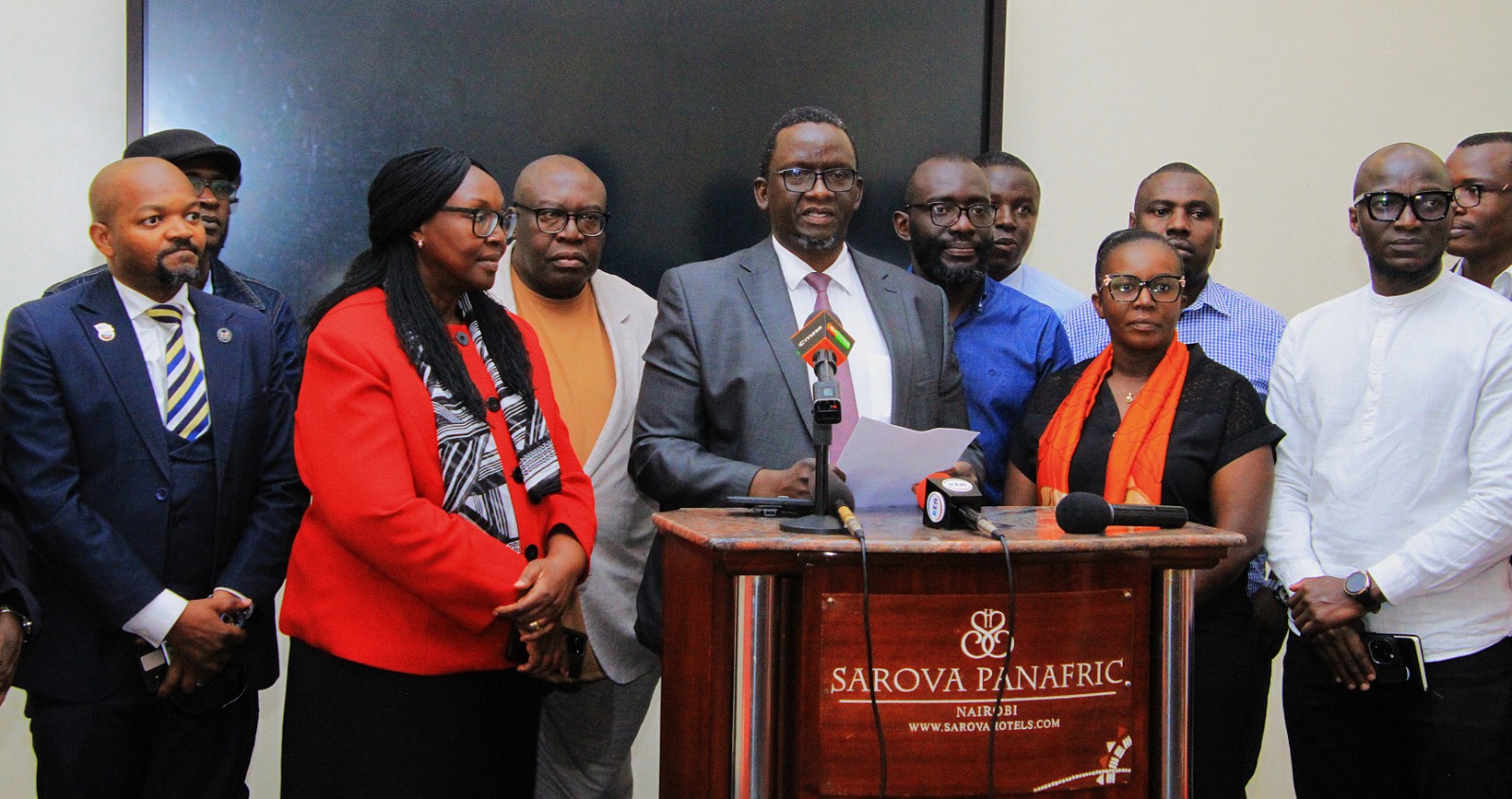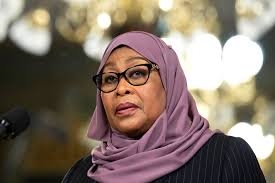The Nairobi Centre for International Arbitration (NCIA) launched the Nairobi Arbitration Week on Monday, and it is running up until Friday, September 22, 2023.
In the course of the meeting, various speakers including Chief Justice Martha Koome, whose speech was delivered by Supreme Court Judge Smokin Wanjala, spoke on the topic, urging courts to take up pro-arbitration and pro-enforcement attitudes.
But what exactly is arbitration and what are its elements?
Arbitration is a process in which a dispute is submitted, by agreement of the involved parties, to an arbitrator (s) out of court.
Chartered Arbitrator and Accredited Mediator Njeri Kariuki says arbitration is the go-to dispute resolution method if parties want to settle their grievances in a private way and need to retain their ties.
Speaking to the Star at the sideline of the programme on Thursday, the Advocate of the High Court said that even though the method borders litigation, it is more private compared to taking a case to a court.
This method is mostly preferred where financial disputes are involved.
"That is why in a commercial contract, arbitration will exist because it is private. You (parties) will not wash your dirty linen in public and you will finish and continue with your commercial discussions, relationships and so forth," she said.
In her point of view, arbitration is different from other Alternative Dispute Resolutions (ADRs), which include conciliation, mediation and negotiation.
"This is my point of view. Arbitration is a private court. If we look at it that way, then we will be able to differentiate from other ADRs. In fact, for me, I say it is arbitration and ADRs because it stands alone," she said.
"It is next to litigation as in litigation we have a judge and in arbitration we also have a private judge. And the process is one where a decision is imposed on the involved parties."
With the other forms of seeking dispute resolutions, Kariuki noted, it is more of "let's talk" where the neutral parties assist the aggrieved parties to make a decision rather than impose them.
In these cases, the award of the matter is not left solely in the hands of the mediator.
"The thing with mediation, conciliation, is that they are very attractive because you as the party with the problem are informed in making the decision and having been involved, you are more likely to stand by it," she said.
An arbitration is speedy and to have it, there needs to be an agreement from the beginning.
It can only take place if it is provided for in a contract or agreed upon by the parties.
For instance, Kariuki said,
"When we agree that I need a new railway/road/building, we sign a document, and we say I will pay you a certain number of millions.
"In that document, is an arbitration clause because where commerce is concerned, you do not want delays you want to be able to finish with your dispute and continue your relationship with that other party. You don't want your relationship to end."
Further, with arbitration, decisions are made in consideration with public policies, rather than hijacking them.
The Arbitrator said public policy is " not neatly defined" and is found to be lucrative.
The Nebraska Law Review defines public policy as a channel through which public law enters private law and bars it from actualising its normal legal consequences.
The Legal Dictionary says public policy is a set of actions the government decides to take when approaching a problem that affects society as a group, rather than on an individual level.
The policies that the government makes on the public’s behalf to resolve a specific issue.
"Public policy is one of those areas which are amorphous and not neatly defined. It has so many different facets," Kariuki said.
Echoing Koome's sentiments, she called on the courts to not unpack public policy because it is an "unruly horse".
She said instead of seeking to unpack it, courts should instead enforce them if they are pro-arbitration.
Kariuki said an arbitration decision or award can be appealed as guided by the Arbitration Act of 1995, which has been amended severally.
"In our jurisdiction, it is only on what we refer to as a point of law. So those facts that have been controverted during the course of the hearing, you can't touch those as a judge. That is why we have been referring to public policy," she said.
Mostly though, these decisions are appealed in the case that they are manifestly unjust.
Arbitrators are guided by different codes of conduct, in accordance with their particular jurisdictions.
"There is no one umbrella for arbitrators so it could be under each jurisdiction that champions arbitration... I'm sure if it is the Chartered Institute of Arbitrators whichever branch across the African region, they will have a code of conduct," Kariuki said.
















